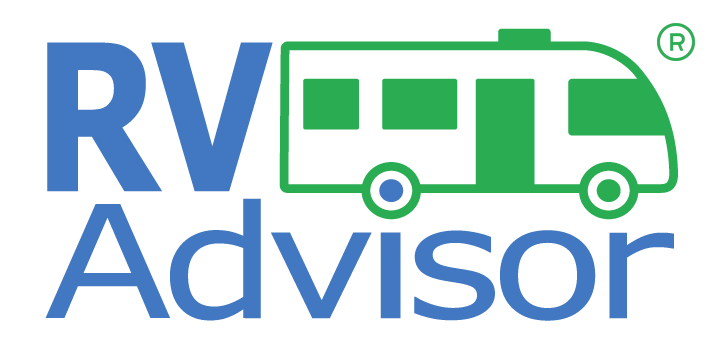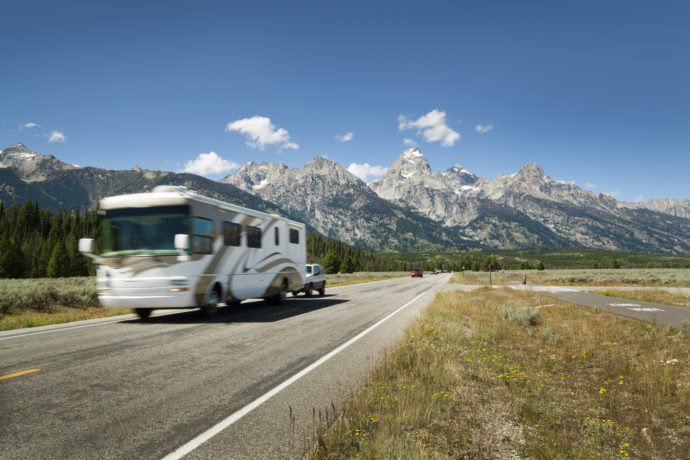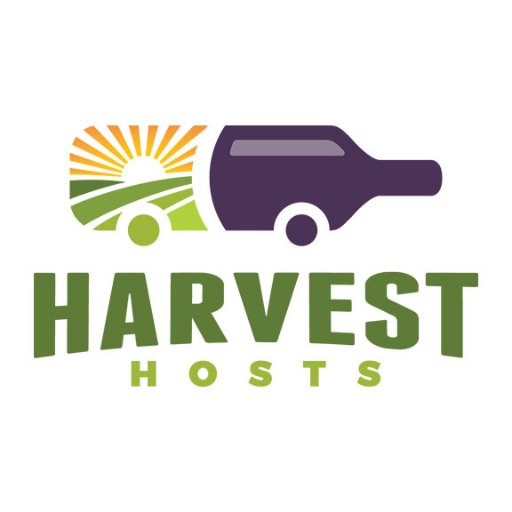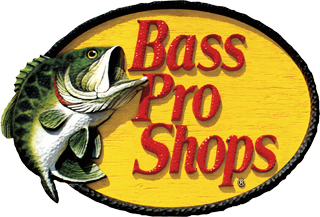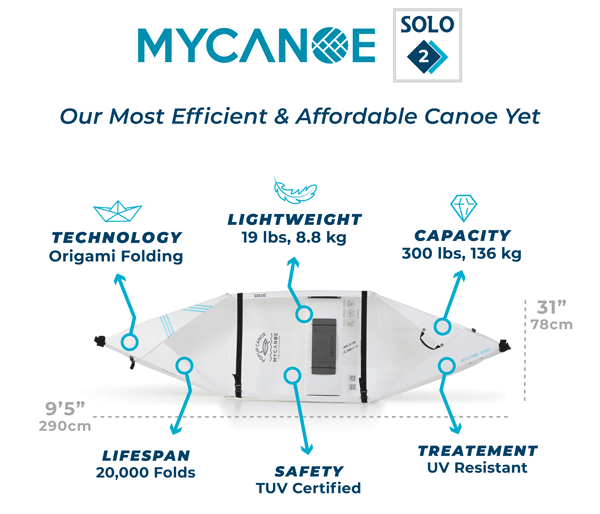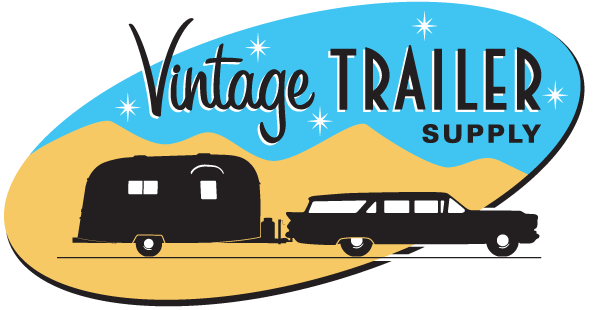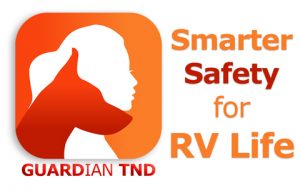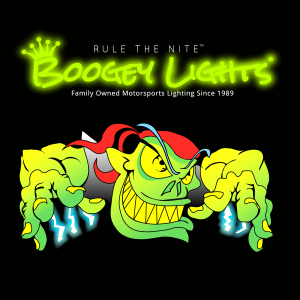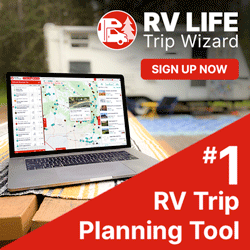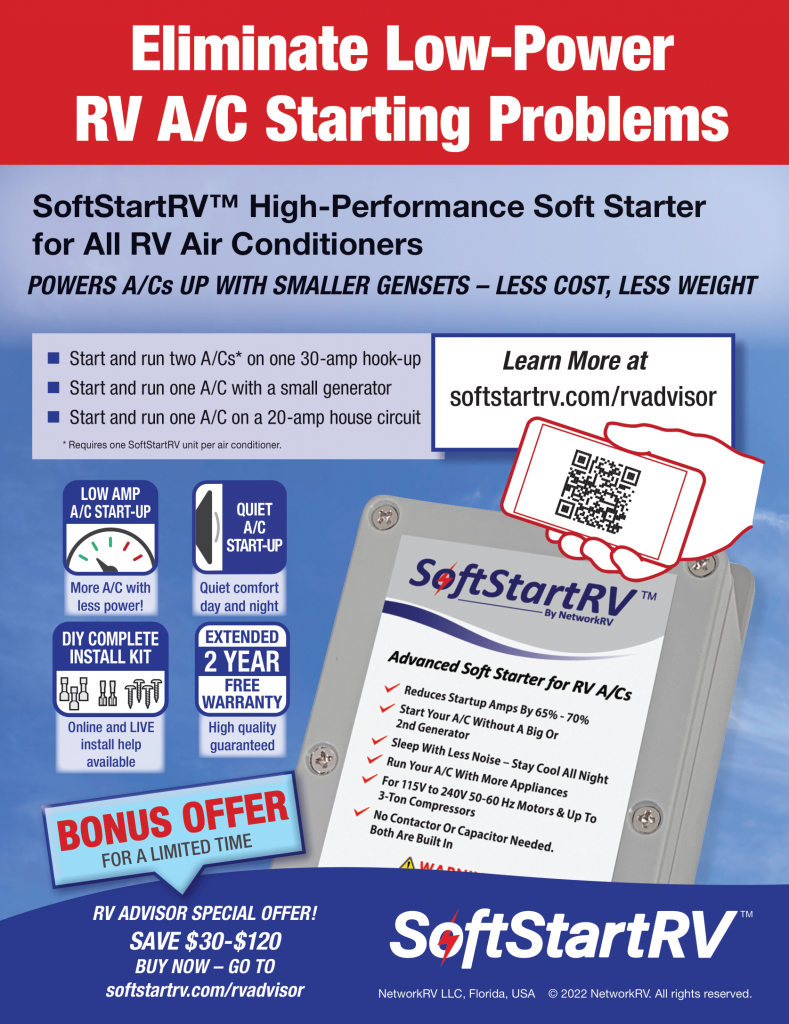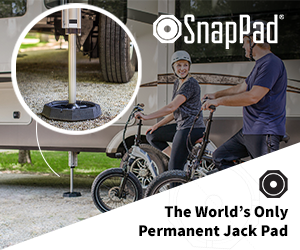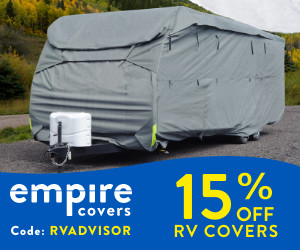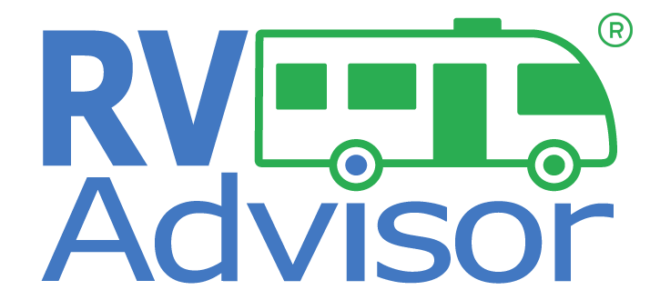What you should know about RVing to Canada
There’s no denying how beautiful America is, what with our spacious skies and purple mountain majesties. Plus, there are tons of things to see and do from sea to shining sea (last song lyric, we promise). But the U.S. certainly isn’t the only game in town when it comes to attractions. Our neighbors to the north have their own fair share of national parks and natural wonders, which is why it could be worth taking your RV up there. But before you go, here are some things to remember:
Don’t forget your passport
Or some other form of identification that proves you’re an American citizen. Going into Canada used to be relatively quick and easy, but over the last couple of decades, things at the border have tightened up quite a bit. You should also be prepared to wait a while before you can cross.
Know the speed limits
Even if you don’t know the speed limit for a certain road or area, you can just look at the signs, right? Yup, as long as you know what they mean. In Canada, they don’t use miles per hour (mph). Instead, it’s kilometers per hour (kph). And while your RV’s speedometer may include kph, it is probably a good idea to familiarize yourself with some conversions before you go.
One kph is equivalent to about 0.62 mph. For example, this means 50 k[h equals 31 mph. And while seeing “120” on a sign may make you want to put the pedal to the metal, remember that it’s only 75 mph.
Exchange your money
Speaking of conversions, you will probably want to exchange at least some of your U.S. money for Canadian dollars. While many businesses do accept our money, you may have difficulty finding them the further north you go. The good news is that our dough goes further in Canada. As of this writing, the exchange rate was $1 Canadian = $0.76 American. The downside is that taxes are high up north. All goods and services come with a federal tax, and there will probably be added taxes from whichever province you are in.
Prepare before pumping
Of course, with all the driving you’ll be doing, you will need to stop and fill up your tank pretty often. Gas stations in Canada are pretty much like the ones we have here, except for a big difference: you won’t find the word “gallon” anywhere. Prices are listed by the liter, so it’s good to know that one gallon equals about 3.8 liters.
Know your clearance
All RV drivers need to know exactly how tall their rigs are, including any protrusions. While most underpasses and train trestles have good clearance, you just never know when you’ll encounter a narrow one. And in Canada, these clearance signs don’t use feet, they use meters. One meter equals about 3.3 feet, so if you see 6 meters on a sign, this means you will have a little over 19.5 feet to work with. It could also be a good idea to know how weight is measured in Canada. Instead of pounds, they use metric tonnes. One metric tonne is equal to about 2,205 pounds.
Now that you know what to expect when you head to Canada, you can worry less about the nitty-gritty and focus more on having an amazing trip. And before you go, may also want to consider becoming a member of the RV Advisor community. Perks include discounts on campgrounds and attractions, as well as expert advice. Learn more here.
